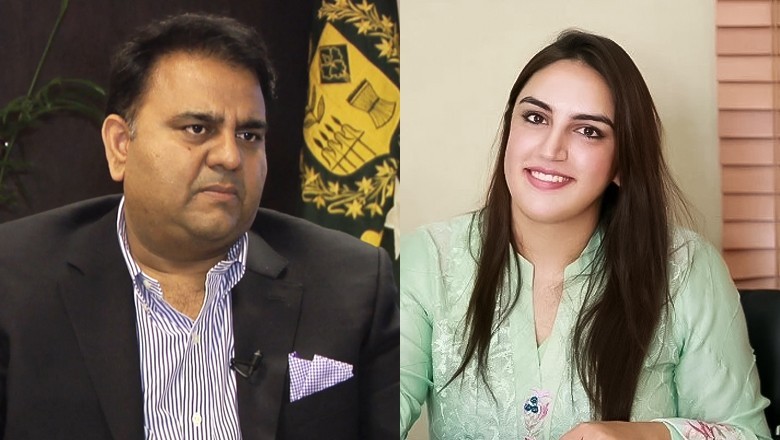Team with Pakistani researcher awarded ‘Nobel Prize of super-computing’

Web Desk
|
10 Dec 2024
Lahore University of Management Sciences (LUMS) Associate Professor Dr Zubair Khalid has become the first Pakistani to win the prestigious Gordon Bell Prize in Climate Modeling, often referred to as the "Nobel Prize of the supercomputing world."
DrKhalid and his team were honored with this award for their innovative project addressing climate change through advanced computational techniques.
The Gordon Bell Prize is an annual accolade recognising exceptional achievements in High-Performance Computing (HPC) and the innovative application of parallel computing to solve global challenges like climate change.
A statement from the Association for Computing Machinery (ACM) revealed that the team won the award for their project titled "Enhancing Earth System Model Output Using Exascale Climate Emulators and Storing Petabytes in Their Storage."
Dr Khalid's work focuses on developing a "smart climate model" powered by artificial intelligence to provide accurate predictions and timely information on climate events, such as floods, extreme heatwaves, and hurricanes.
Speaking to the media, Dr Khalid explained, “Our climate model is faster and more advanced than traditional models, which take a long time to run, generate massive amounts of data, and are challenging to store and analyse.”
He emphasised that the Exascale Climate Emulator not only improves forecasting accuracy and speed but also has a minimal energy footprint, making it an environmentally sustainable solution.
“The Exascale Climate Emulator significantly enhances the precision and timeliness of flood predictions, hurricane forecasts, and heatwave alerts,” Dr Khalid stated.
He added that the emulator provides valuable insights for understanding, predicting, and responding to climate phenomena on both local and global scales.
Dr Khalid highlighted the tool’s groundbreaking applications for farmers, particularly in recording detailed weather patterns often overlooked by broader-scale models.
This allows for precise weather forecasts, even in small towns, helping farmers optimise irrigation strategies and improve agricultural practices.
Discussing his role in the project, Dr Khalid said he was responsible for integrating local data analysis and modeling tools into the system.
He expressed immense pride in representing Pakistan on the global stage and contributing to addressing one of the most critical challenges facing humanity today.
He added that these efforts would encourage the younger generation to develop innovative solutions to combat climate change.












Comments
0 comment